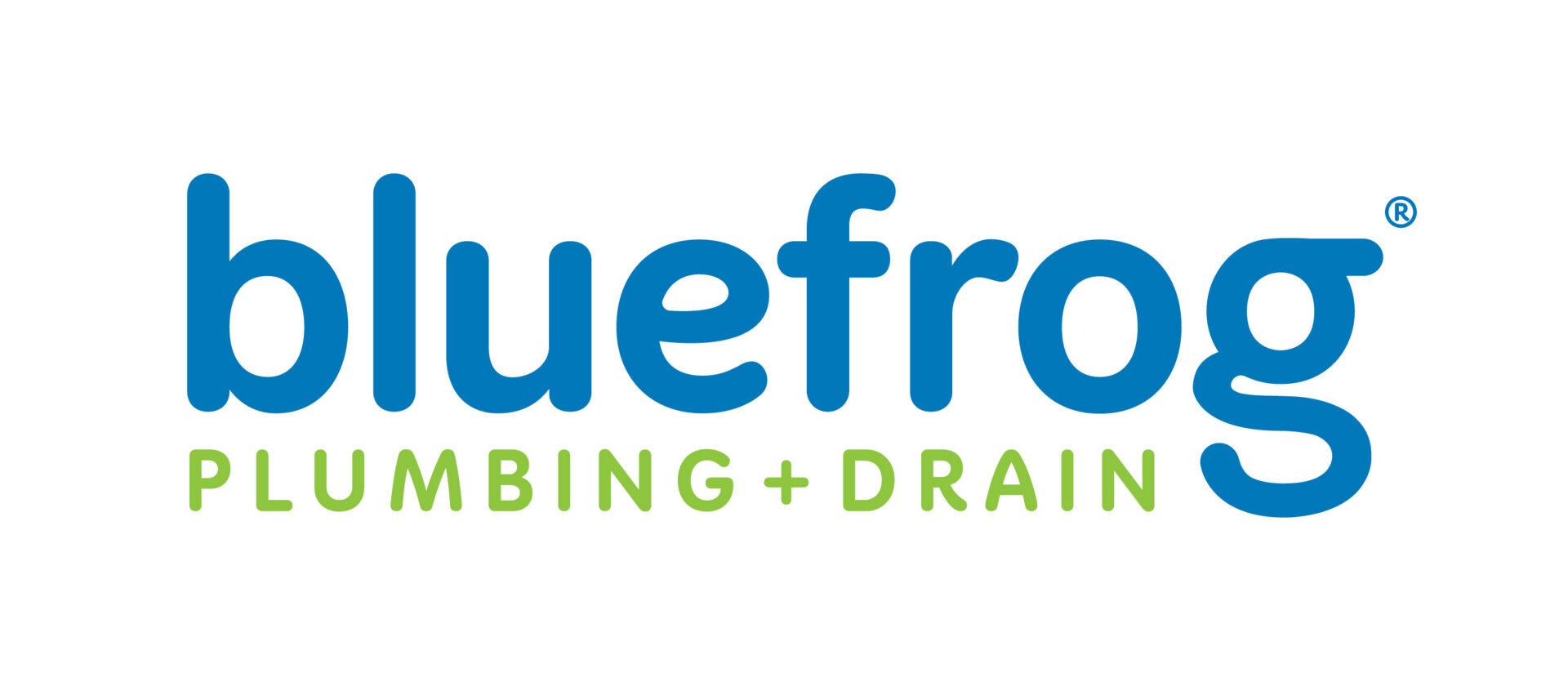Almost every kitchen sink is going to experience a serious clog at some point. It’s inevitable that grease and bits of food find their way into your pipes, and over time the problem can build up to the point that your sink refuses to drain.
It might seem like a problem you should be able to fix on your own, but more often than not the DIY approach ends up causing more trouble in the long run. There are certainly things you can do to help keep your drains from clogging in the first place, but there are a few things you definitely shouldn’t do when a clog is already present.
Don’t Pour Nasty Chemicals Down the Drain
Don’t be fooled by misleading marketing. While very powerful and often effective, chemical cleaners you pour into the drain may help break particles down, they could also cause a lot of damage to the pipes themselves. It might be tempting to go with a quick fix, but there’s no guarantee it will work, and it’s definitely not worth it when there are better options available.
Vinegar Can Cause Just as Much Damage
A simple solution of vinegar and water can be enough to deal with lightly clogged drains, and you’ll often see it recommended in online forums. However, it won’t do much for a truly stuck pipe, and when it doesn’t work you run into a similar problem as with chemical cleaners. Corrosion and rust in your pipes will lead to much bigger problems down the road.
Don’t “Grease the Drain”
This might seem obvious, but many people have tried pouring cooking oil and other slippery substances down the drain to help loosen things up. Unfortunately, this will have the opposite effect. Kitchen greases and oils will stick around in your pipes, turn into a thick sludge that hardens over time, and will require a professional drain cleaning service. More often than not, grease was the problem in the first place — It’s never the solution.
Avoid Using the Sink Until the Problem Is Resolved
You already have a problem, so putting more grease and food particles into your pipes can only make matters worse. Sometimes it’s tempting to see if a clog will deal with itself after a few days, but they never do, and any clog indicates a problem worth addressing. Don’t hesitate to deal with the problem when it first arises, as it will most likely get worse.
Don’t Use Homemade Tools
You might think that a coat hanger, bent into just the right shape, would make a perfect pipe snake. This is not likely to end well. Whenever you put together your own tools you run the risk of having them break within the pipes, getting stuck or causing unnecessary damage. Don’t put anything into your drain that wasn’t designed for the job.
You Should Probably Avoid Pro Tools, Too
Well, unless you really know what you’re doing.
It may seem perfectly logical to go out and buy the stuff the plumbers use and just do it yourself, but the problem is, once again, you could end up causing more damage. If you haven’t been trained to use those specific tools, you really shouldn’t experiment with them on your own kitchen sink.
Don’t Self-Diagnose the Problem
Most of us are guilty of this when it comes to our own personal health, but when things get serious we know it’s a much better idea to see a doctor. The same is absolutely true for your kitchen sink. Even if you think you know why your drain isn’t moving, a wrong guess here could make things worse. The real culprit may be in the sewer lines, rather than your own drain, and a professional will know the difference.
Forcing Clogs Out with a Plunger Is a Bad Move
Often this is the first thing people think to do, but it can have dire consequences. Using too much force with a plunger may cause serious damage, especially in sinks with removable couplings.
Don’t Force the Issue with an Auger, Either
If you use a snake or an auger to try and clear your drain, you’ve got to be careful not to take things too far. If you feel that the auger has hit the clog and it doesn’t want to move any further, don’t force the issue, or you’ll most likely have it get jammed or break off in the pipe. You may even risk serious injury trying to pull it out once it’s stuck.
Things You Can Do to Help Prevent Clogs
Simple screens will help a lot in the kitchen and bathroom, keeping food, grease and hair out of your drains and stopping the problem before it starts.
Snakes you can buy at hardware stores may be useful for other light clogs, but these are best used preventatively. Make it a routine to clean out your drains every month or two. If your pipes are clogged, however, you’re more likely to get the snake stuck down there.
When things are running just a little slow, you can use an ordinary plunger to try and get things moving freely. Just remember to keep it gentle.
You can try flushing light clogs in the kitchen with plain old hot water, with a touch of dish soap to help dissolve grease. However, if your drain is completely clogged, adding more water won’t help at all, and can only make it more difficult to implement more effective measures.
bluefrog Plumbing + Drain Can Get Things Moving Again
When you’re dealing with stubborn clogs, your best bet is to have our team of professionals handle the job for you. We’ve built a reputation as one of the best drain cleaning services in the nation, and we’re always ready to lend you a hand.
